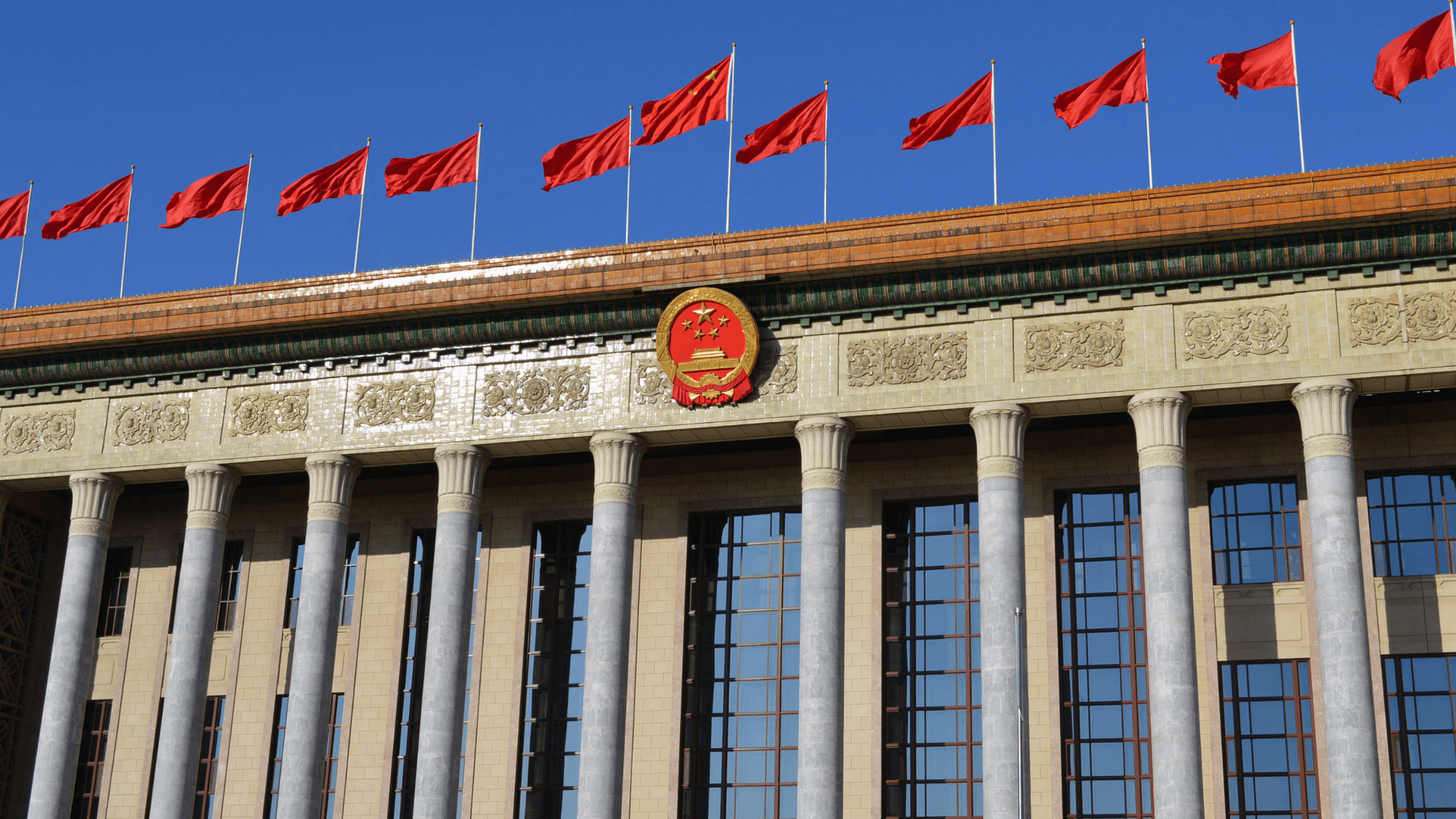What happened?
For investors, it’s becoming crystal clear that China’s tech regulators mean business.
Shortly after completing its IPO last week, Didi Global Inc (NYSE: DIDI) was hit with news that China’s cyberspace regulator was investigating the ride-hailing giant on national security grounds.
As a result, new downloads for the Didi app were suspended in China.
That saw its shares fall around 5.3% on Friday (with US markets shut yesterday), while here in Asian markets China’s other tech giants are seeing selling pressure.
Tencent Holdings Ltd (SEHK: 700) lost over 5% in the past two trading days (as of the end of Monday) while over the same period peers Alibaba Group Holding Ltd (NYSE: BABA) (SEHK: 9988) fell 7% and Meituan Dianping (SEHK: 3690) cratered around 10%.
So what?
It’s been no surprise that Didi was in the firing line of regulators given the scrutiny that first Alibaba and then Tencent faced. Meanwhile, more recently Meituan has also come under the regulatory microscope.
For investors, it seems as though the Chinese government is finally putting on its “game face” when it comes to regulating its technology behemoths.
The reason? Data. All these platform companies accumulate a mind-boggling amount of data on their users given their customer bases tend to number in the hundreds of millions.
Although anti-trust investigations into Didi were previously flagged as a risk, it was perhaps a surprise to see the regulators move so fast against the company.
According to a report, Didi was asked by the cyberspace regulator to delay its IPO by a few weeks in order to check its network security.
Of particular concern was the fact that Didi was listing in the US, which required the company to make disclosures on key vendors and suppliers.
Now what for investors?
It’s clear to all investors that investing in China’s tech giants now brings with it an extra dimension of political risk.
How to quantify that risk, though, is an issue. On the surface it appears that China’s government is going after “platform” companies that have amassed reams of data.
One similarity between this and US regulators’ investigations into the power of their own tech giants is that these businesses have a substantial majority of their businesses operating in the business-to-consumer (B2C) space.
Regulations in this arena are certainly lagging the extraordinary development – and disruption – that has taken place in the online era.
The key question for long-term investors in China is; are these tech giants now “too cheap” to ignore or will the better opportunities in China’s tech space come from smaller companies in the future?
Disclaimer: ProsperUs Head of Content Tim Phillips doesn’t own shares of any companies mentioned.








